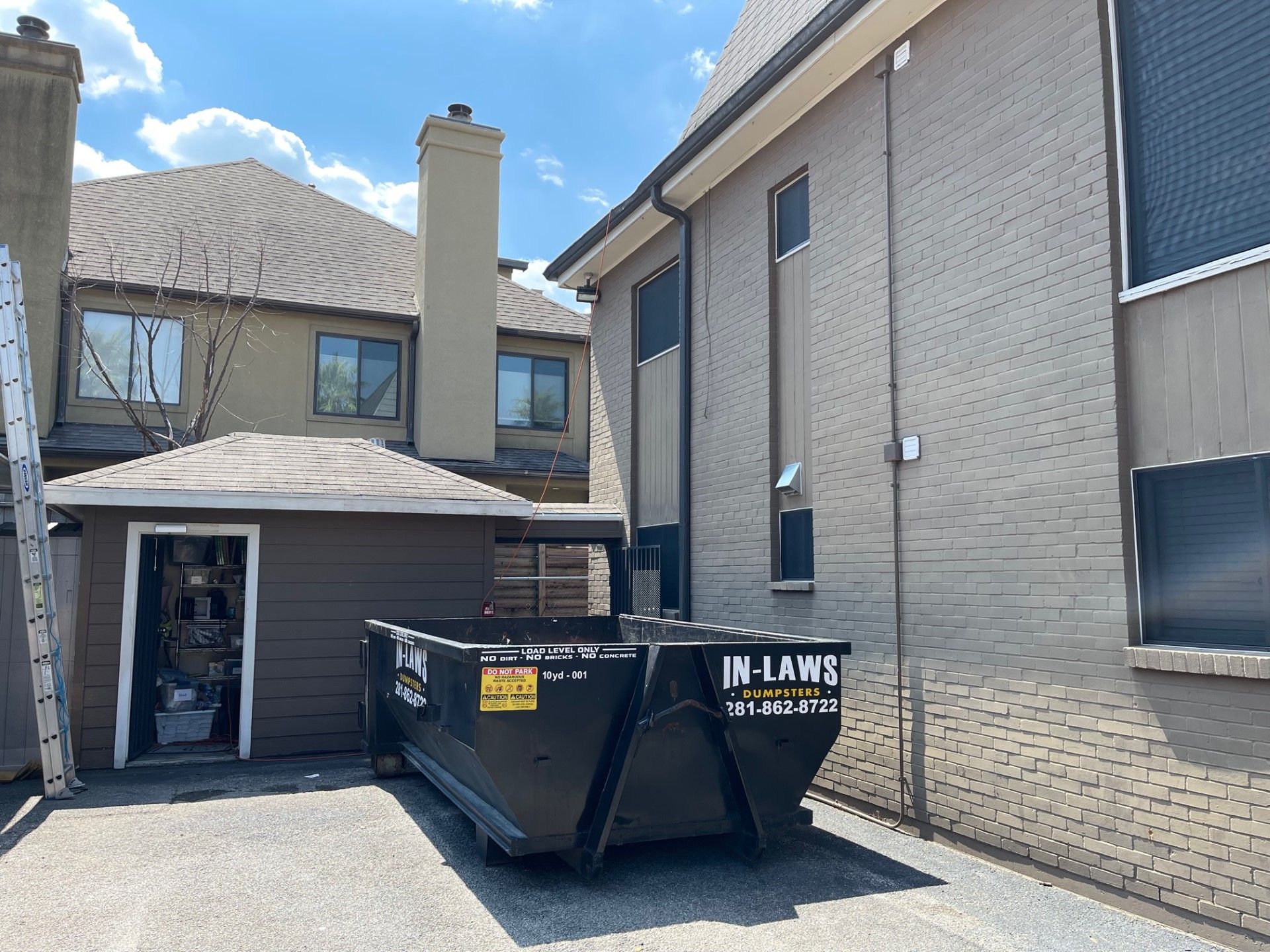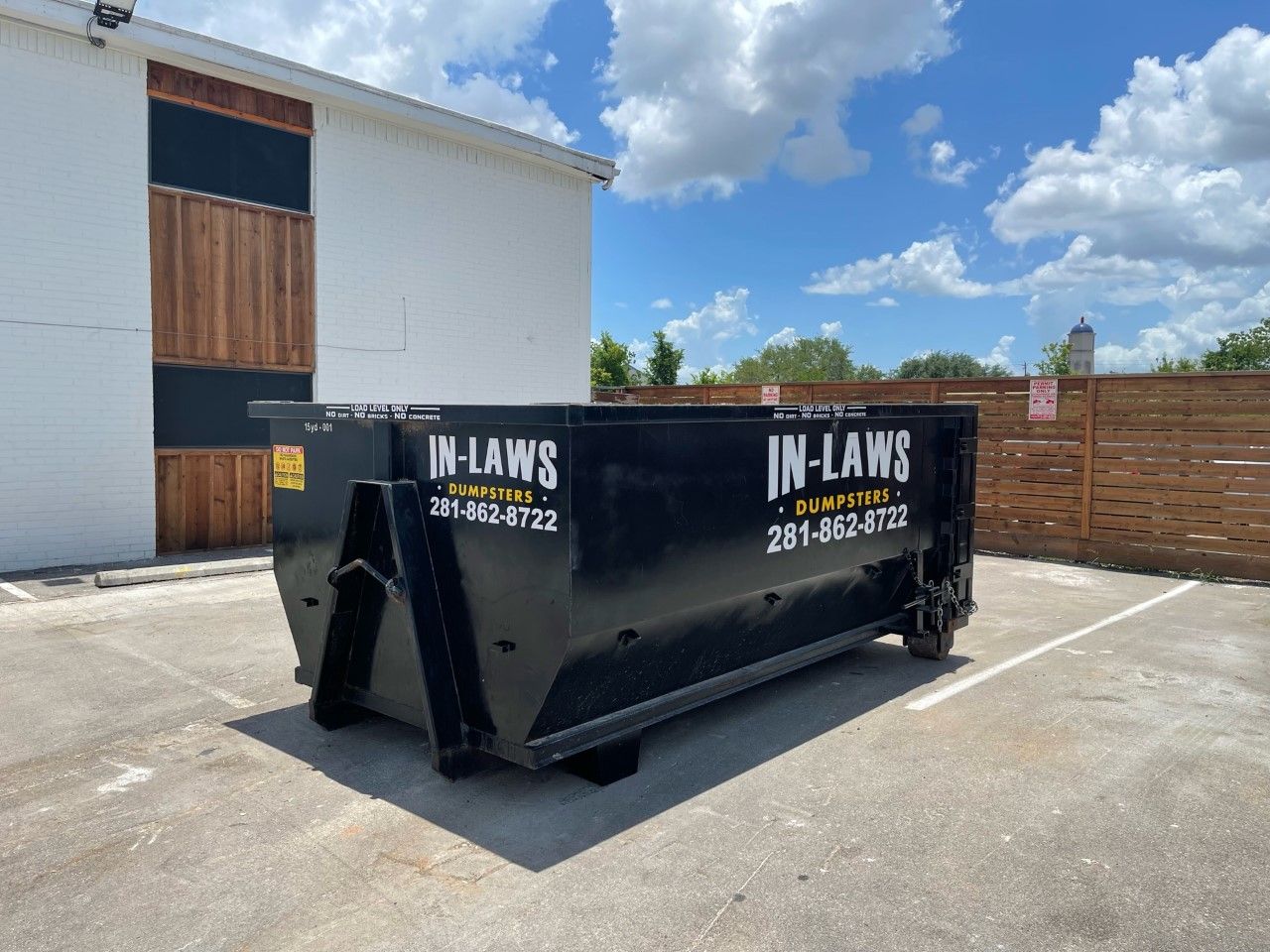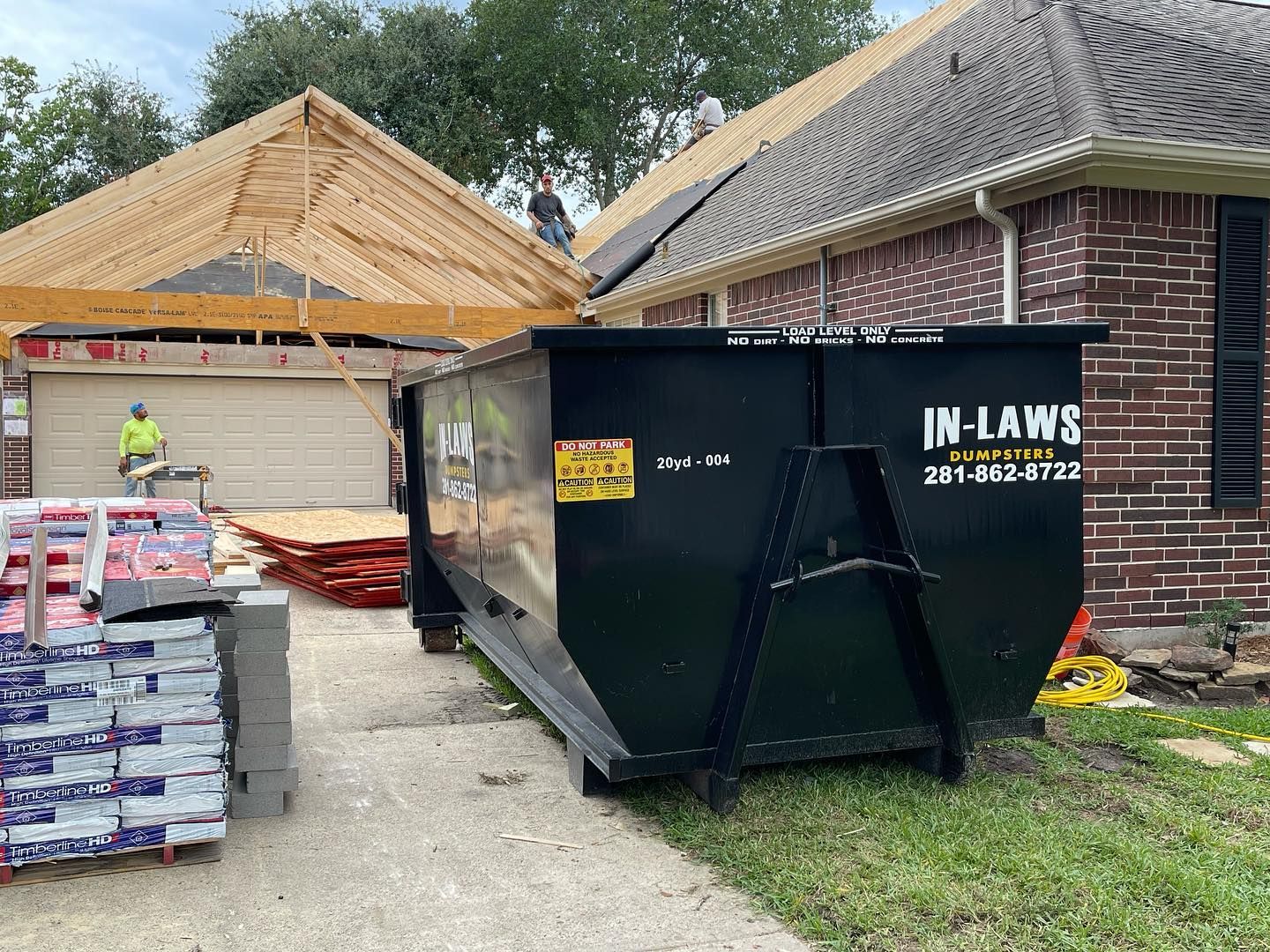Comprehensive Guide to Franchise Agreements in Houston
Comprehensive Guide to Franchise Agreements in Houston for Roll Off Dumpster Businesses: Benefits, Limitations, and Compliance
Navigating the commercial waste management landscape in Houston, Texas, requires a thorough understanding of franchise agreements especially for those interested in roll off dumpster operations. The city's franchise agreement system governs the commercial solid waste business, making it essential for current and prospective operators to grasp these legal frameworks to operate successfully and compliantly within Houston.
Understanding the Franchise Agreement for Roll Off Dumpsters
In Houston, a "franchise agreement" is a legal contract granted by the city that authorizes companies to collect, haul, and transport solid waste, including industrial waste, from commercial properties. This exclusivity ensures public health and safety while regulating waste hauling activities to maintain order and environmental standards. For roll off dumpster companies, which provide temporary containers for disposing large volumes of waste on commercial and construction sites, securing a franchise agreement is mandatory for legal operation in the city.
The City of Houston enforces Chapter 39 of its Code of Ordinances, which states that no commercial solid waste operator can operate within city limits without a valid franchise issued by the city council. This framework is designed to ensure that waste collection services maintain consistent quality and compliance. Hence, before deploying roll-off dumpsters for various commercial clients, operators must obtain this official business authorization.
How to Obtain a Franchise Agreement in Houston
The process to obtain a commercial solid waste operator franchise involves submitting a formal application to the city's Administration & Regulatory Affairs Department (ARA). Prospective franchisees must provide documentation such as business formation papers and a certificate of liability insurance. Houston officials require applicants to show they can meet strict safety, operational, and insurance standards to protect the public and city infrastructure.
Once an applicant is approved, the franchise agreement terms include the right to use city public ways to collect and transport waste, which is critical for roll-off dumpster service providers who need to place dumpsters near commercial or industrial sites temporarily. The franchise contract typically spans a 10-year term, ensuring long-term operational stability in the market.
Franchise Fees and Financial Commitments
Operators holding a franchise agreement in Houston must remit franchise fees to the city regularly. The fee structure is set at 4% of the franchisee's applicable gross revenue, inclusive of dumpster rentals, fuel surcharges, and service fees related to waste hauling. These fees are paid quarterly, and failure to comply can result in termination of the franchise agreement.
For roll off dumpster businesses, understanding how fees apply to revenue streams is critical to maintaining profitability. The franchise fee accounts for a significant share of operating expenses and must be factored into pricing structures accordingly.
Compliance and Record Keeping Requirements
An essential component of the franchise agreement is strict compliance with operational guidelines. Franchisees must maintain detailed customer records, which the city has the right to audit during regular business hours. This transparency helps Houston monitor the waste management market, prevent unauthorized operations, and ensure franchisees meet contractual obligations.
Operators also need to adhere to safety protocols when placing roll-off dumpsters. This includes securing permits to use city streets or sidewalks for dumpster placement and ensuring containers do not obstruct public pathways.
Limitations of Franchise Agreements in Houston
While franchise agreements offer benefits, they also impose significant limitations affecting the city, residents, and other local roll-off dumpster companies without such agreements.
Limitations on the City
The city’s reliance on exclusive franchise agreements grants designated companies the sole legal right to collect and haul commercial solid waste within assigned areas. This exclusivity streamlines regulation and fee collection but reduces the city's flexibility in selecting multiple providers, which may limit competitive pricing and innovation. The city is contractually bound to enforce these franchise agreements, which can restrict rapid responses to changes in waste management demand or service improvements from non-franchise operators.
Moreover, franchise fees generate steady revenue for Houston, but the exclusivity can create perceived monopolies, limiting smaller operators' contributions to the local economy and service diversity. The city must balance public benefit with maintaining regulatory control, which can sometimes lead to legal and political challenges over franchise terms.
Impact on Residents
For residents and commercial customers, the franchise agreement system limits choice when selecting roll off dumpster providers. Since the city awards exclusive contracts to specific companies, residents must use the franchise holders for waste collection services within designated zones. This lack of competition can lead to higher prices and fewer service options.
Residents may face limitations on negotiating service terms or prices outside the franchise framework, as unauthorized providers operating without agreements risk fines or service interruption. Additionally, franchise agreements can restrict temporary services, such as roll off dumpsters for construction projects, limiting flexibility unless exceptions under state law apply.
Constraints on Non-Franchise Roll Off Dumpster Companies
One of the major limitations of Houston’s franchise agreements is the restrictive environment they create for roll off dumpster companies without a franchise. These businesses cannot legally operate within city limits for commercial waste collection, severely limiting market access.
Non-franchise companies face the risk of enforcement actions, including fines and forced removal of dumpsters, which stifles their ability to compete or grow within Houston. The exclusivity hinders local entrepreneurial competition, often favoring well-established franchise companies with the resources to meet city requirements and pay significant franchise fees.
These constraints often push smaller or newer companies to operate on the fringes or seek opportunities in adjacent jurisdictions without franchise systems. The lack of market access limits consumer choice and innovation within the city’s roll off dumpster market.
Legal Context and Antitrust Considerations
The exclusivity in franchise agreements has raised legal debates about antitrust laws and fair market competition. While Texas law permits cities to award exclusive contracts for waste collection, courts have examined whether these agreements violate competition principles. Notably, some rulings affirm cities' rights to franchise exclusivity, but with limits ensuring temporary or specialized services (like some roll-off dumpster rentals) remain available under state health and safety codes.
This legal backdrop means franchise agreements must be carefully crafted and enforced to avoid infringing on rights to provide temporary waste services, which can be critical for construction and demolition projects.
Benefits of Franchise Agreements for Roll Off Dumpster Companies
Obtaining a franchise agreement in Houston offers significant benefits for roll-off dumpster companies. Franchise holders gain exclusive rights to operate within a designated geographical area, reducing competition and enabling them to build a stable client base. This exclusivity is advantageous in a crowded market, allowing franchisees to grow their brand while providing trusted, city-approved waste services.
Additionally, franchise agreements often provide access to city resources, streamlined permit approvals, and opportunities to participate in city-led waste reduction and recycling initiatives.
Market Outlook and Franchise Trends in Houston
Houston’s franchise system currently includes around 189 solid waste operator franchises, contributing over $9 million in franchise fees annually to the city budget. This robust franchise system supports sustainable waste management practices and promotes competition among vetted providers.
As commercial construction and industrial activity continue to expand in Houston, roll off dumpster rental services remain in high demand. Franchise holders are positioned well to capitalize on this growth, especially those who innovate with efficient routing, technology integration, and customer service excellence.
Tips for Prospective Franchisees in Houston
For those interested in entering Houston’s roll off dumpster market via franchise agreements, the following tips can aid success:
- Conduct thorough research on city ordinances and franchise fee structures.
- Prepare comprehensive application materials, including insurance documentation and business plan.
- Engage with the Administration & Regulatory Affairs Department early for clarifications.
- Plan operational logistics carefully to manage city permitting and placement restrictions.
- Maintain meticulous records to ensure compliance with franchise reporting requirements.
- Consider partnering with established vendors for equipment and maintenance support.
- Explore technology solutions for route optimization and customer management to stand out competitively.
Final Thoughts
Navigating the franchise agreement process in Houston for roll off dumpster businesses requires careful attention to regulatory compliance, fee management, and operational planning. Houston’s franchise system aims to maintain a regulated, effective waste management marketplace that benefits businesses and residents alike. By understanding the legal framework and leveraging the exclusive operational rights offered by franchise agreements, roll off dumpster companies can build a successful and sustainable business in this growing metropolis.



